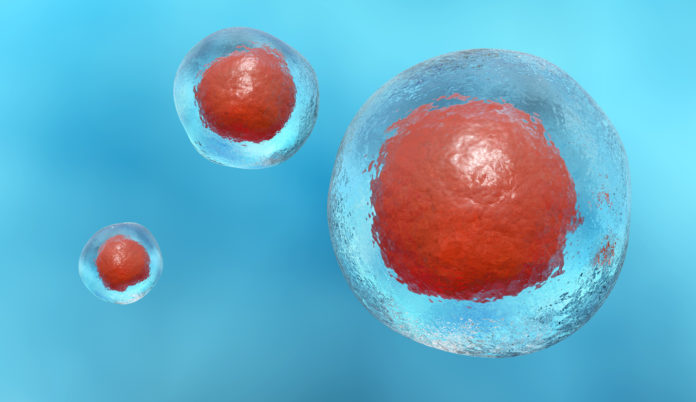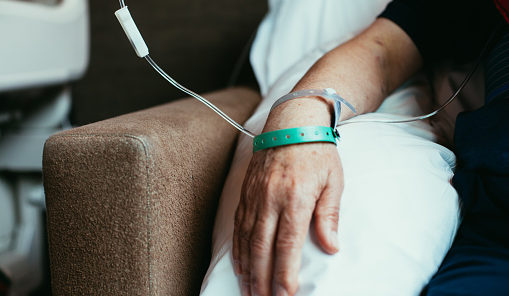Researchers from the biotherapeutics company Carina Biotech and the University of South Australia have developed a novel, microfluidic approach to “purify” chimeric antigen receptor (CAR-T) cells, the bioengineered immune cells that facilitate cellular immunotherapy for cancer.
In CAR-T cell therapy, immune system cells, or T-cells, from a patient’s blood are genetically modified to target cancer cells. The presence of non-viable cells and debris in the formulation of cryoprotectants, such as dimethyl sulfoxide (DMSO), which are used for the production and storage of CAR-T cell products, can lead to severe allergic reactions and toxic side effects in some patients, limiting viability of the treatment.
“CAR-T therapy has produced some remarkable results against blood cancers and there is a huge international research effort underway to transform this success into producing CAR-T treatments for solid cancers,” Mona Elsemary, a PhD student at the University of South Australia who developed the approach, said in a press release. “However, the CAR-T manufacturing process continues to be hindered by significant barriers and high costs – preventing the full potential of this life-saving therapy being reached.”
Utilizing the novel microfluidic approach, the team was able to deplete over 70% of dead cells present in CAR-T products within 30 minutes, leading to an average of 20% increase in cell viability. Removal of over 90% of the cryoprotectant DSMO was also achieved, with no detrimental effect on the quality and functionality of the CAR-T cells.
This development could reduce both manufacturing costs and side effects associated with CAR-T cell therapy. More data on the technology will be presented at the American Association for Cancer Research (AACR) 2020 Conference this week.
Credit: Original article published here.










